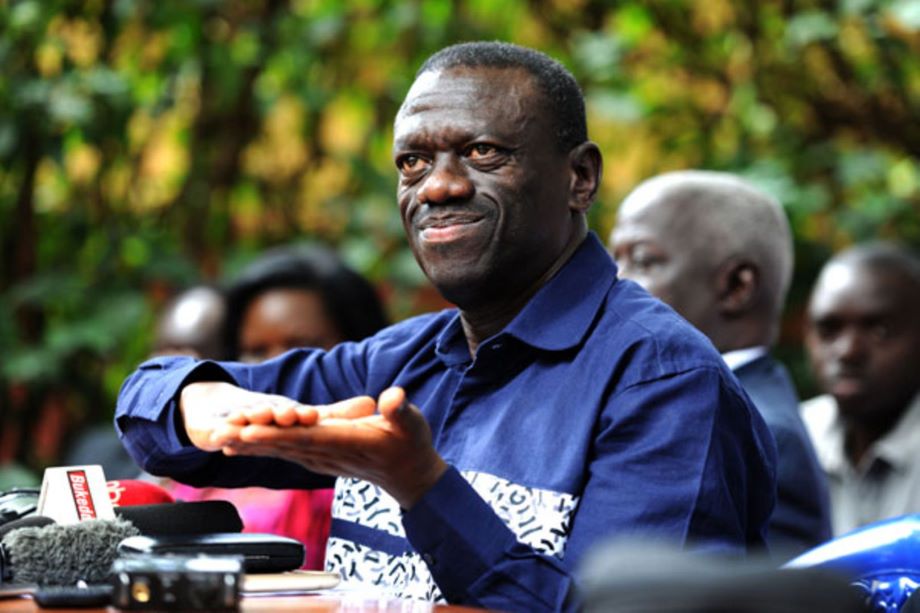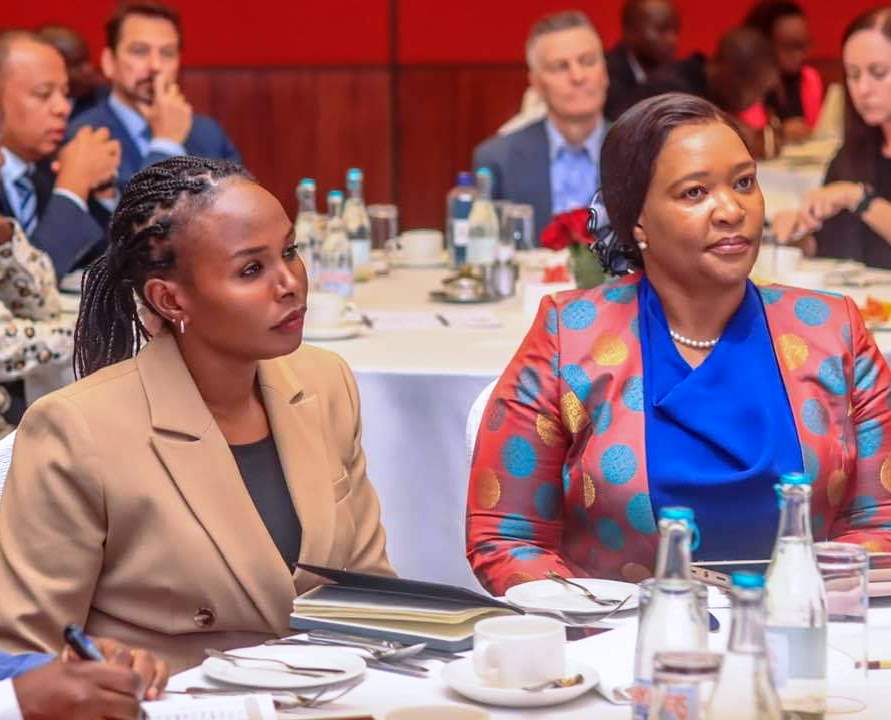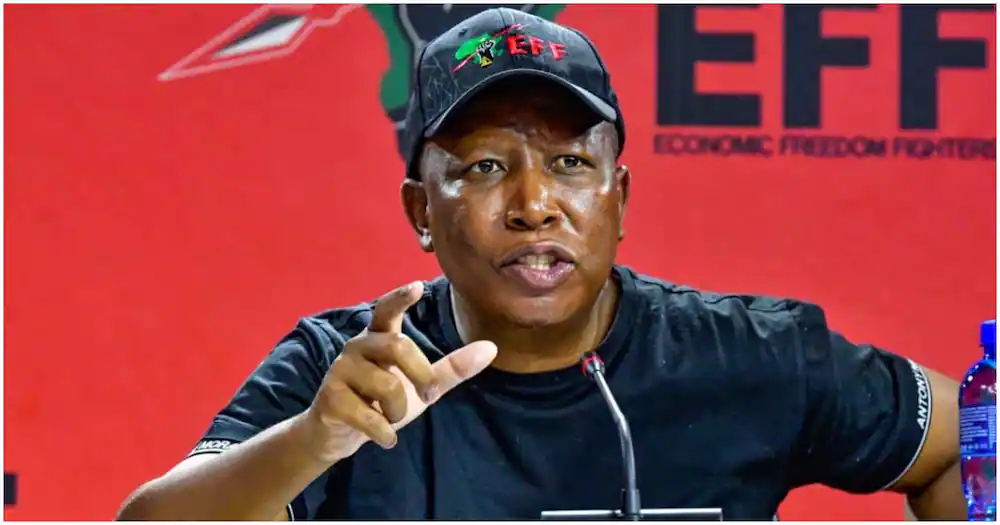The MNNA status, which made Kenya the first sub-Saharan African nation to receive the designation, grants preferential access to advanced military equipment, training, and intelligence-sharing. It has boosted Kenya’s counterterrorism efforts against Al-Shabaab and strengthened its leadership in the Haiti peacekeeping mission.
However, an amendment to the US National Defence Authorisation Act for FY2026, tabled by Senator James Risch, seeks a formal review of Kenya’s eligibility. The proposed amendment demands a reassessment within 90 days, with a full report to follow within 180 days. The review will examine Kenya’s foreign relations, particularly its engagements with China, Russia, and Iran, and alleged links to armed groups, including Al-Shabaab and Sudan’s Rapid Support Forces. Additional concerns have been raised over human rights abuses and financial transparency under President William Ruto’s administration.
Kenya’s growing economic dependence on China has triggered alarm in Washington. President Ruto’s recent visit to Beijing and the deepening financial commitments, such as the Standard Gauge Railway and a $5 billion debt owed to China, are seen as signals of Nairobi’s pivot towards Beijing. This shift could diminish US influence in East Africa, prompting fears of strategic realignment.
Losing MNNA status would be a major setback. Kenya would forfeit access to loans for military research, priority access to surplus US defence equipment, and lucrative contracts for maintaining American military assets in the region. Such a move could seriously undermine Kenya’s role in counterterrorism, regional mediation, and its growing influence in Somalia and the Democratic Republic of Congo.
Uriri MP Mark Nyamita has called for restraint, framing the review as a diplomatic formality, not an indictment. “This process should not be seen as branding Kenya a rogue state,” he stated. Meanwhile, Foreign Affairs Principal Secretary Korir Sing’Oei has assured the public that the government will address US concerns while preserving national sovereignty.
As deliberations continue in Washington, Kenya must tread carefully. The Ruto administration faces the formidable challenge of maintaining strategic partnerships with both Western allies and Eastern economic giants. The outcome of this review could not only affect Kenya’s military and economic prospects but also redefine its standing in a region critical to global stability.
[/full]





